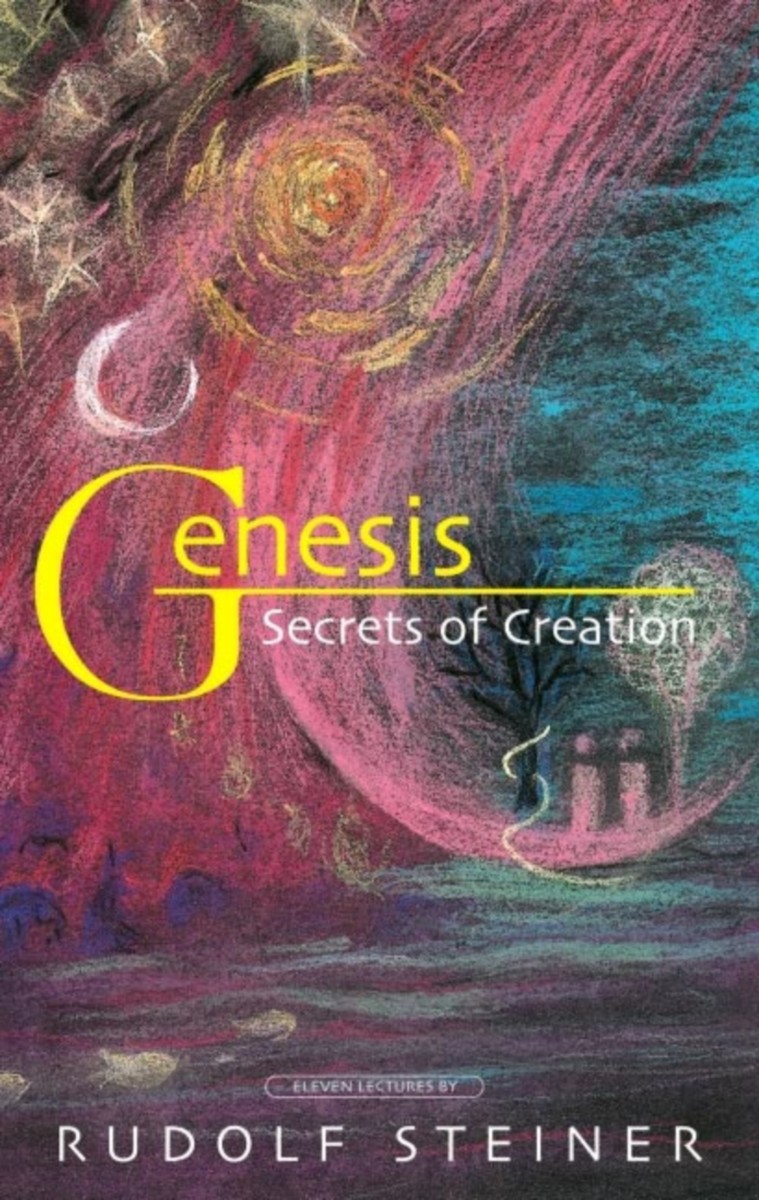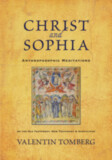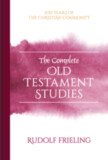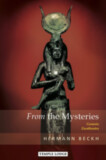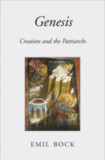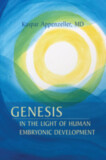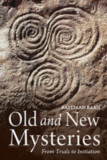Genesis
Secrets of Creation (CW 122)
- Publisher
Rudolf Steiner Press - Published
1st March 2003 - ISBN 9781855841024
- Language English
- Pages 192 pp.
11 lectures, Munich, August 16–26, 1910 (CW 122)
How was the world created? From a direct spiritual perception of the facts, Rudolf Steiner presents a new perspective that transcends the bipolar arguments of both the creationists and the scientific reductionists. He affirms that clairvoyant research accords with the biblical descriptions, but he emphasizes that the text of Genesis has to be interpreted in a special way.
In this extraordinary document, Steiner speaks of the six days of creation as a reawakening of the previous phases of the Earth’s development. He describes the work of spiritual hierarchies in the creation of Earth and clarifies the relationship of the Elohim and the biblical Jehovah. In addition, Steiner discusses themes of light and darkness, the meaning of Adam and Eve, the “day of rest” on the seventh day, the stages of human development on Earth, and the special character of the Hebrew language. Also featured in this new edition is a previously unpublished introductory lecture on the meaning of mystery drama.
This book is a translation from German of Die Geheimnisse der biblischen Schöpfungsgeschichte. Das Sechtagwerk im 1. Buch Moses (GA 122).
C O N T E N T S:
Introduction by Baruch Luke Urieli
1. The Mystery of the Primordial Word
2. Ha’aretz and Hashamayim
3. The Seven Days of Creation
4. The Forming and Creating of Beings by the Elohim
5. Light and Darkness, Yom and Laila
6. Elemental Existence and the Spiritual Beings behind It
7. The Structure of the First and Second “Days” of Creation
8. Stages of Human Development up to the Sixth “Day” of Creation
9. The Moon Element in Man
10. The Way the Bible Accords with Clairvoyant Research
11. The Portal of Initiation
Notes
Rudolf Steiner
Rudolf Steiner (b. Rudolf Joseph Lorenz Steiner, 1861–1925) was born in the small village of Kraljevec, Austro-Hungarian Empire (now in Croatia), where he grew up. As a young man, he lived in Weimar and Berlin, where he became a well-published scientific, literary, and philosophical scholar, known especially for his work with Goethe’s scientific writings. Steiner termed his spiritual philosophy anthroposophy, meaning “wisdom of the human being.” As an exceptionally developed seer, he based his work on direct knowledge and perception of spiritual dimensions. He initiated a modern, universal “spiritual science” that is accessible to anyone willing to exercise clear and unbiased thinking. From his spiritual investigations, Steiner provided suggestions for the renewal of numerous activities, including education (general and for special needs), agriculture, medicine, economics, architecture, science, philosophy, Christianity, and the arts. There are currently thousands of schools, clinics, farms, and initiatives in other fields that involve practical work based on the principles Steiner developed. His many published works feature his research into the spiritual nature of human beings, the evolution of the world and humanity, and methods for personal development. He wrote some thirty books and delivered more than six thousand lectures throughout much of Europe. In 1924, Steiner founded the General Anthroposophical Society, which today has branches around the world.


